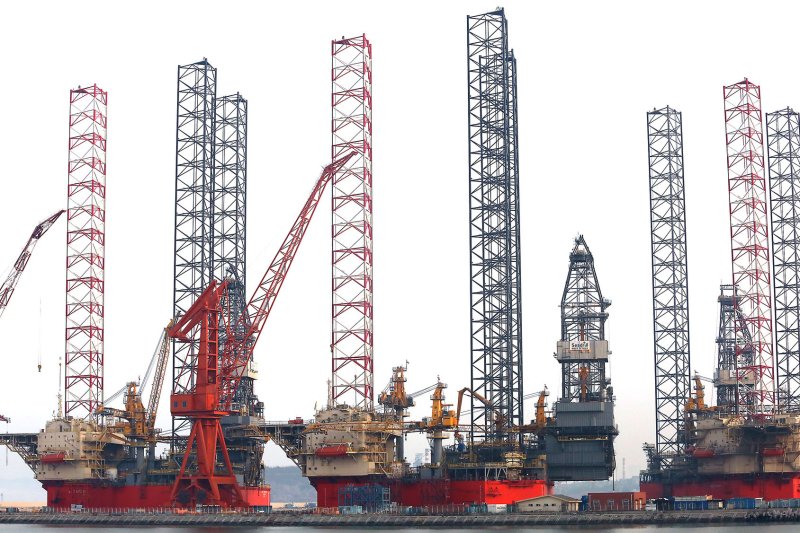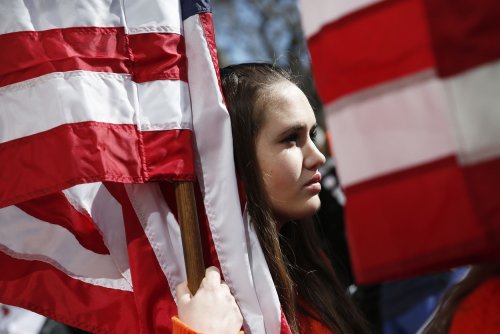Iran says it seems that most OPEC ministers are supporting an extension to a production cut agreement. File photo by by Stephen Shaver/UPI |
License Photo
Nov. 20 (UPI) -- Iran's oil minister said Monday that most members of the Organization of Petroleum Exporting Countries back extensions to a production cut agreement.
On Friday, Phil Flynn, a senior market analyst for the PRICE Futures Group in Chicago, said the Saudi energy ministry had "all but guaranteed" a deal credited with putting a floor under crude oil prices at around $50 per barrel would be extended deep into next year.
On Monday, it was the Iranian energy minister's turn, though Bijan Zangeneh said a formal agreement would have to wait.
"The final decision on the future of the deal is expected to be made at the upcoming OPEC meeting," he was quoted by the official Islamic Republic News Agency as saying.
OPEC in January implemented an agreement to sideline about 2 percent of global oil demand in an effort to drain the surplus on the five-year average in global crude oil inventories. The arrangement was extended already early this year by three months to March 2018.
Doubts surfaced last week, however, when the Russian Energy Ministry suggested representatives there were satisfied with markets "in the current format."
Traders are watching economic trends, oil production in the United States and global crude oil inventory levels to gauge what happens next for oil prices. For balance, inventories for the major industrial economies of the Organization for Economic Cooperation and Development are down considerably from recent highs, but still 119 million barrels above 2010-14 average levels.
Iran is one of OPEC's largest producers and the minister's comments would normally send oil prices into rally mode, though the price for Brent crude oil, the global benchmark, was down sharply before the start of trading Monday in New York.
"I basically think that OPEC has been boiling the chicken on production cut extension news for so long that the soup cannot get any stronger," Ole Hanson, the head of commodity strategy at Saxo Bank, told UPI.
Hanson said traders instead are focused on the reduction in geopolitical risk from late in the third quarter and suggestions that Brent's flirtation with $65 per barrel may have overextended the market.
The price for Brent was closer to $62 per barrel early Monday.
Skirmishes in northern Iraq last month helped add a risk premium to the price of oil, though so far there are few indications that operations there are sidelined for the long term. Some support for oil prices came last week when the Keystone oil pipeline spilled 5,000 barrels of oil in the United States and shut down.
The downward trend for oil prices early Monday may be indicative of lackluster economic growth. Third quarter growth in real gross domestic product in the OECD slowed to 0.6 percent, down from 0.8 percent in the second quarter. Japan and the United States led the quarterly declines.















